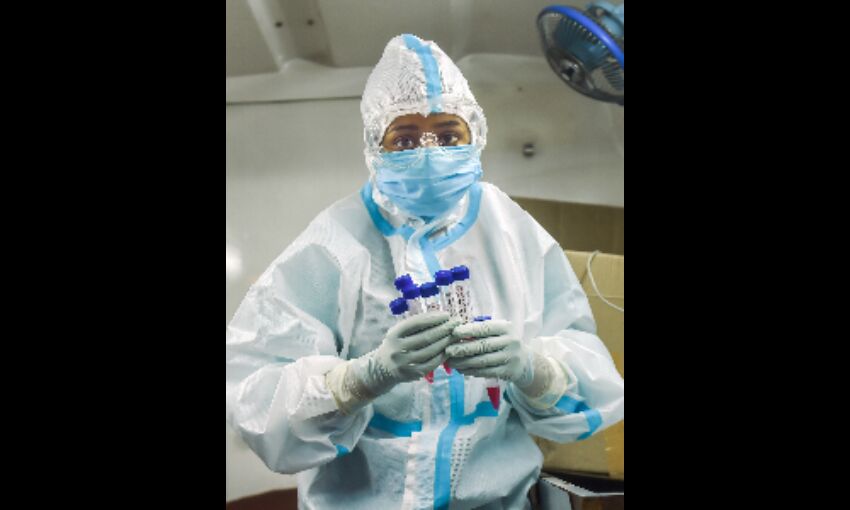Decisive action

This week, India became the fourth country to approve the use of a COVID-19 vaccine. India's drug regulator gave emergency approval for the use of two vaccines — the Oxford-AstraZeneca vaccine produced by SII and Covaxin that is produced by Bharat Biotech. While both vaccines were indeed given emergency approval, Covaxin has largely been clarified as only a backup at this stage if the UK variant of Coronavirus suddenly gains strength in India. This clarification came after many opposition leaders and critics questioned the approval of Covaxin as it is know that it has not yet fully passed stage three trials. Additionally, data regarding the last set of trials undertaken before the approval is not available to the public. In contrast, while it has run into its own fair share of criticisms, the Oxford vaccine has still cleared phase three trials in multiple countries. Cognisant of such doubts, the concerned authorities have clarified that the actual inoculation plan only involves SII's Covishield with Covaxin being an emergency backup for a possible case surge which will likely be accompanied by an initial shortage of the first choice vaccine. Anyone being given the Covaxin inoculation will not only be appraised of the risks but will also be duly compensated if side-effects were to show up. Both vaccines will be delivered in two doses and will have similar storage specifications of not requiring specialised refrigeration.
At this early stage, it is clear that the Government cannot afford to lose the initiative by having its vaccine candidates fall under undue suspicion. Indeed, a critical part of the vaccine rollout campaign announced this week by the government is to not only address the potential disappointment of people over an insufficient supply of the vaccine but to also address a growing case of vaccine hesitancy. In regards to vaccine hesitancy, the government has tapped social influencers and celebrities to be part of their information campaign to disseminate accurate facts about the vaccine and its potential side-effects. Additionally, the government has announced plans to also set up fact-checking bodies that will examine vaccine-related news and information for factual accuracy. On the other end of the spectrum, overt vaccine eagerness will be handled by a parallel information campaign that will serve to disseminate information on why only certain population groups will be targetted by in phase one of the mass vaccine drive. Overall, the Government is going through great pains to address any possible fallout from AEFI (adverse events following immunisation) through a wide variety of crisis responses that will be listed by health ministry's communication strategy.
Equally monumental is the supply chain plan to get to the vaccine where it needs to be. An expansive 19 ministries and 23 departments aside from the health ministry and related departments will be tapped in order to ensure a smooth rollout. These agencies will be involved in a variety of tasks that shall range from vaccinations site identification to cold storage and logistics and even uninterrupted provision of electricity and IT support for the vaccine centres and online services. Special mobile vaccination teams have also been planned for remote areas or for the purpose of inoculating migratory communities. Finally, the much-touted Co-WIN app is expected to be released shortly as a method of self-registration for the shots while also serving as an all-important method of not only cataloguing co-morbidities but also sharing this information. What makes this aspect of the app even more important is that currently there is very little data available for any identification of co-morbidities. While self-registering for a shot, a person will have to honestly fill-out co-morbidity information that may or may not be verified individually given the sheer scale of the task. As of now, the app is not available for public use but is already being used to identify the first tranche of frontline workers who will be inoculated for free. Before the app is released to the public, the Government has challenged volunteers to improve the functionality of the app. Overall, the Government's action plan shows a clear understanding of the difficult and complication-ridden task that lies ahead.



